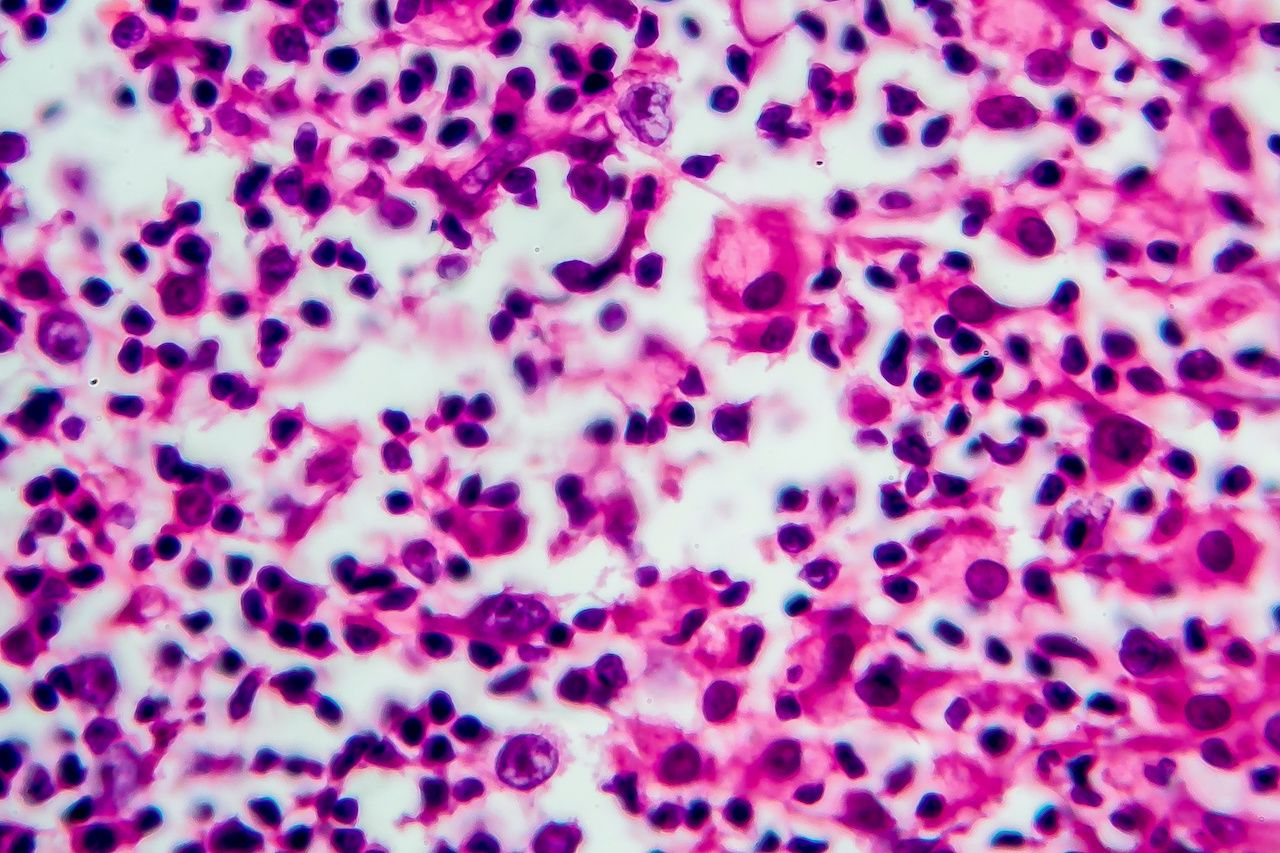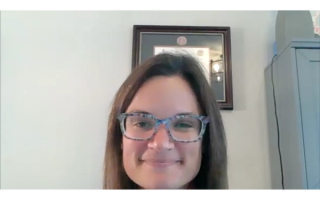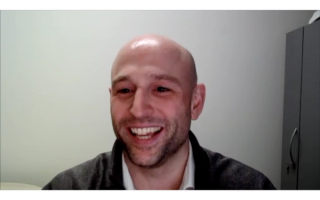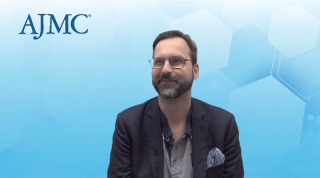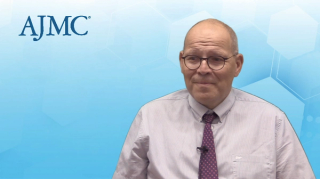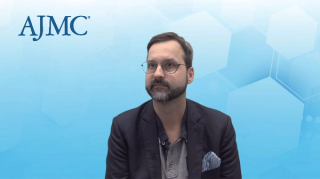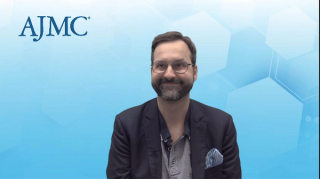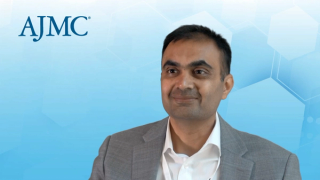
Leukemia and Lymphoma
Latest News

Obesity at Cancer Diagnosis Linked to Worse Survival Outcomes in Pediatric Patients
Latest Videos

Podcasts
More News
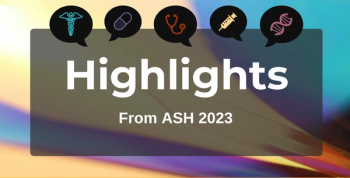
The most-read content from the 2023 American Society of Hematology Annual Meeting and Exposition included the latest in treating hematologic malignancies, the hope brought by novel therapy strategies, and the potential for artificial intelligence to improve diagnostic accuracy.
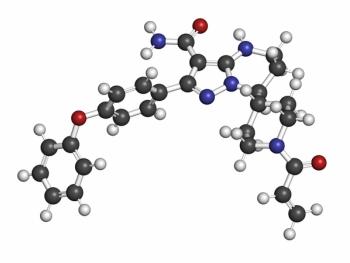
Patients with B-cell malignancies who were intolerant to treatment with acalabrutinib experienced clinically meaningful benefits when treated with zanubrutinib, suggesting zanubrutinib may be a viable treatment option for this population.
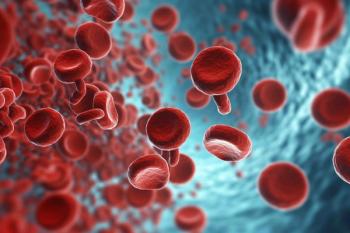
Treatment with blinatumomab or inotuzumab ozogamicin particularly confers higher total costs for patients with relapsed/refractory B-cell acute lymphoblastic leukemia.
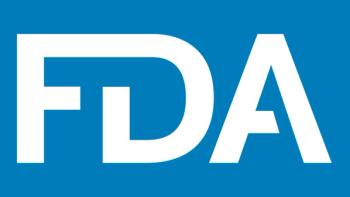
The announcement applies to all currently approved therapies, both BCMA-directed and CD19-directed genetically modified autologous chimeric antigen receptor (CAR) T-cell treatments.
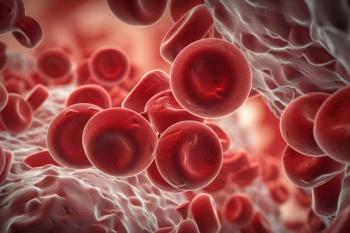
Patients with relapsed/refractory mantle cell lymphoma have experienced event-free survival and overall survival benefits due to advances in second-line treatment approaches over time.
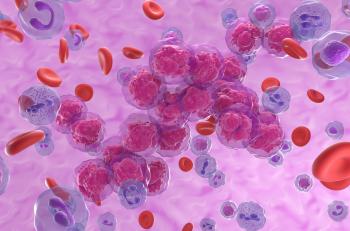
The use of base editing to generate universal, off-the-shelf CAR T cells is a promising approach for relapsed leukemia, with potential implications for the future of gene therapy.
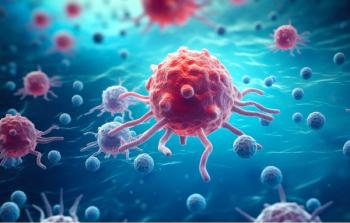
A recent review aimed to characterize the relationship between tumor burden and clinical outcomes in patients treated with chimeric antigen receptor (CAR) T-cell therapy, highlighting the potential mechanisms of high tumor burden impacting CAR T-cell failure.

A study evaluating disparities among children with acute leukemia found that Black children are more likely to present with higher disease burden at diagnosis compared with non-Hispanic White children.

Bosutinib has a new indication in leukemia as a well as a newly-approved formulation.
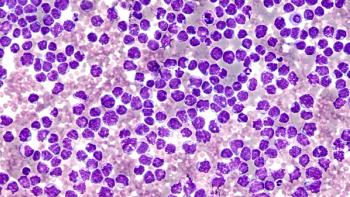
A pooled analysis with nearly 3 years of follow-up showed better outcomes when zanubrutinib was given in the second line vs later lines of therapy in patients with relapsed or refractory (R/R) mantle cell lymphoma (MCL).
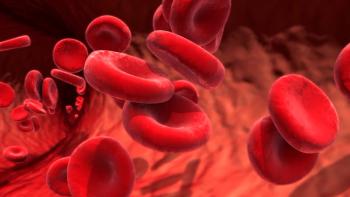
Elevated white blood cell counts also appear to correlate with shorter overall survival in patients receiving standard induction chemotherapy plus cytarabine for acute myeloid leukemia.
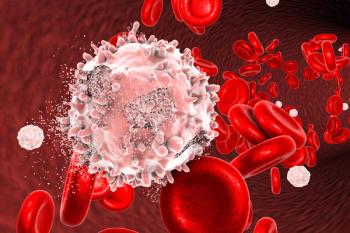
Researchers found that patients with relapsed/refractory (R/R) diffuse large B-cell lymphoma (DLBCL) may benefit from bridging radiation therapy (RT) ahead of receiving chimeric antigen receptor (CAR) T-cell therapy.

Based on findings from the phase 1/2 BCHILD trial, the FDA approved bosutinib for pediatric chronic myelogenous leukemia.

The measure of total DNA in leukemic cells as defined by a DNA index outperformed other criteria for identifying patients with hyperdiploid acute lymphoblastic leukemia (ALL) and favorable prognosis.

Several discrepancies in care must be considered to properly address psychological needs in patients with lymphoma, including patient/doctor communication, information provision, and applying distress guidelines.
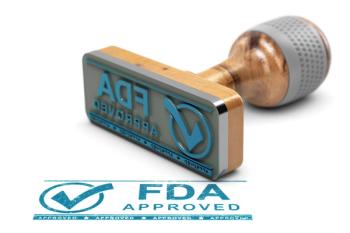
The agency's approval of momelotinib marks the first for both newly diagnosed and previously treated myelofibrosis with anemia.

Ponatinib also produces an improvement in progression-free survival compared with imatinib among those with Philadelphia chromosome-positive acute lymphoblastic leukemia in the phase 3 PhALLCON trial.
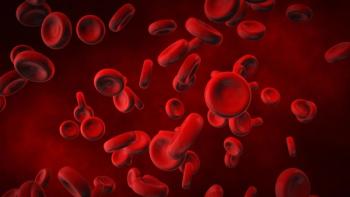
A study found acute myeloid leukemia (AML) salvage therapy was independently associated with early mortality compared with frontline therapy, suggesting that algorithms measuring quality of care should incorporate risk mortality indices that factor in disease characteristics and treatment status.

Increasing radiation doses to the whole heart appear to correlate with higher risks of valvular disease, coronary artery disease, and heart failure in childhood cancer survivors, a recent study found.

A study highlights an unmet need for patients with acute myeloid leukemia (AML) to access and afford genomic testing, especially among an older patient population.
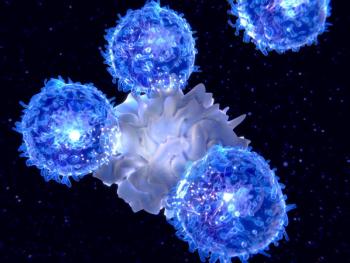
A small study suggests the use of anti-CD19 chimeric antigen receptor (CAR) T-cell therapy in patients with mantle cell lymphoma (MCL) with secondary central nervous system (CNS) involvement is safe and effective.

Findings from a retrospective analysis suggest an association between bridging therapy and poorer outcomes among patients with aggressive, relapsed/refractory B-cell non-Hodgkin lymphoma (NHL).

Anthracyclines are widely used to treat hematological and solid-tumor cancers, but past research suggests their use may be associated with late cardiac effects, including heart failure, among patients with lymphomas and other cancers.
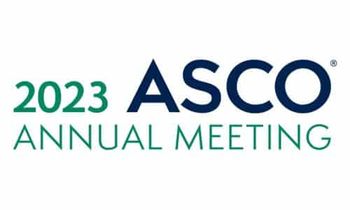
Results include a landmark study that involved seamless collaboration across adult and pediatric patient groups, leading to a highly diverse study population. Other coverage addresses access to novel therapies and what's coming in the pipeline, including CAR T-cell therapy with tyrosine kinase inhibitors.
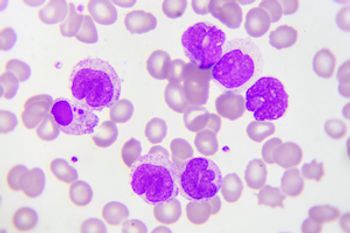
A recent study found that higher spleen volume before undergoing allogeneic hematopoietic stem cell transplantation (HSCT) was associated with worse overall survival and higher nonrelapse mortality incidence in patients with acute myeloid leukemia (AML).

